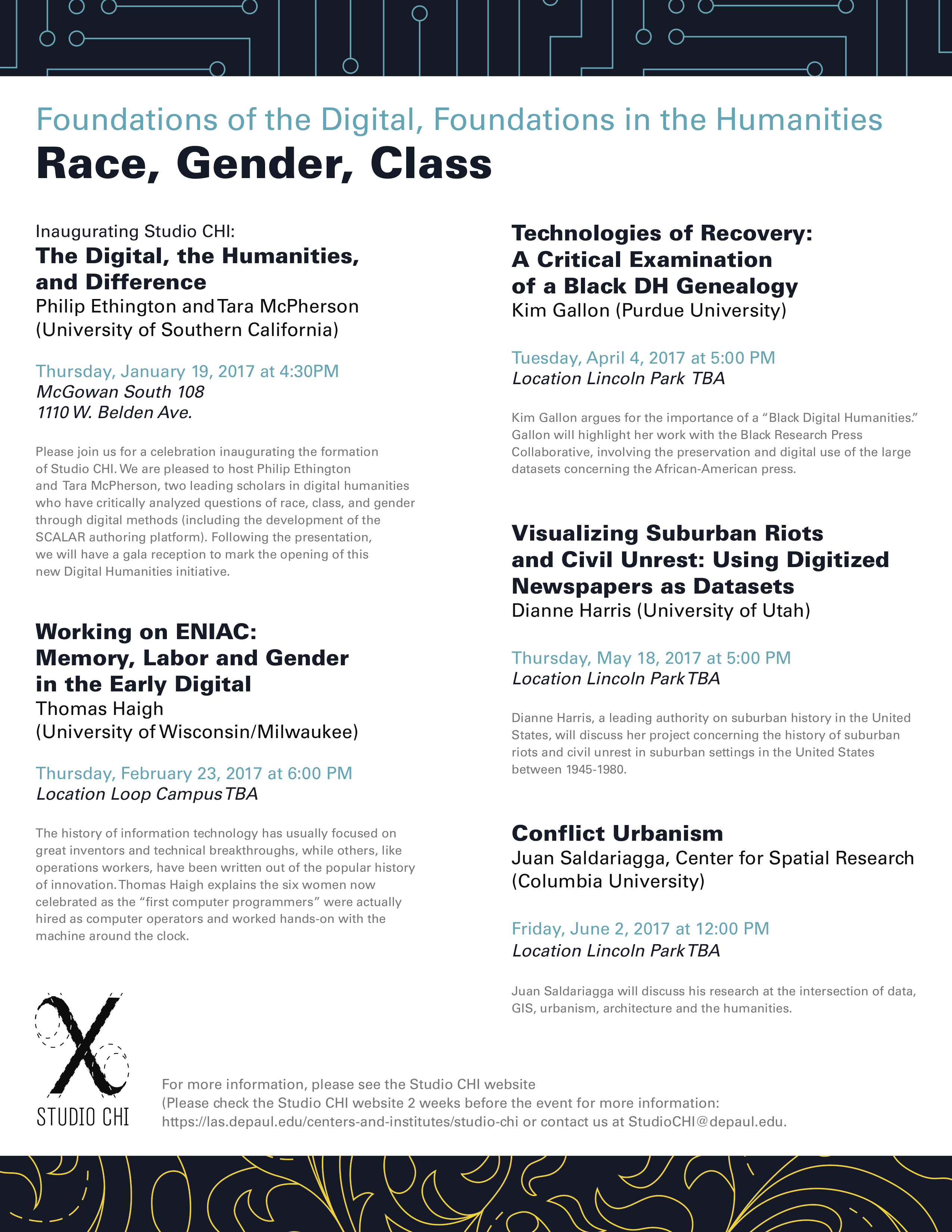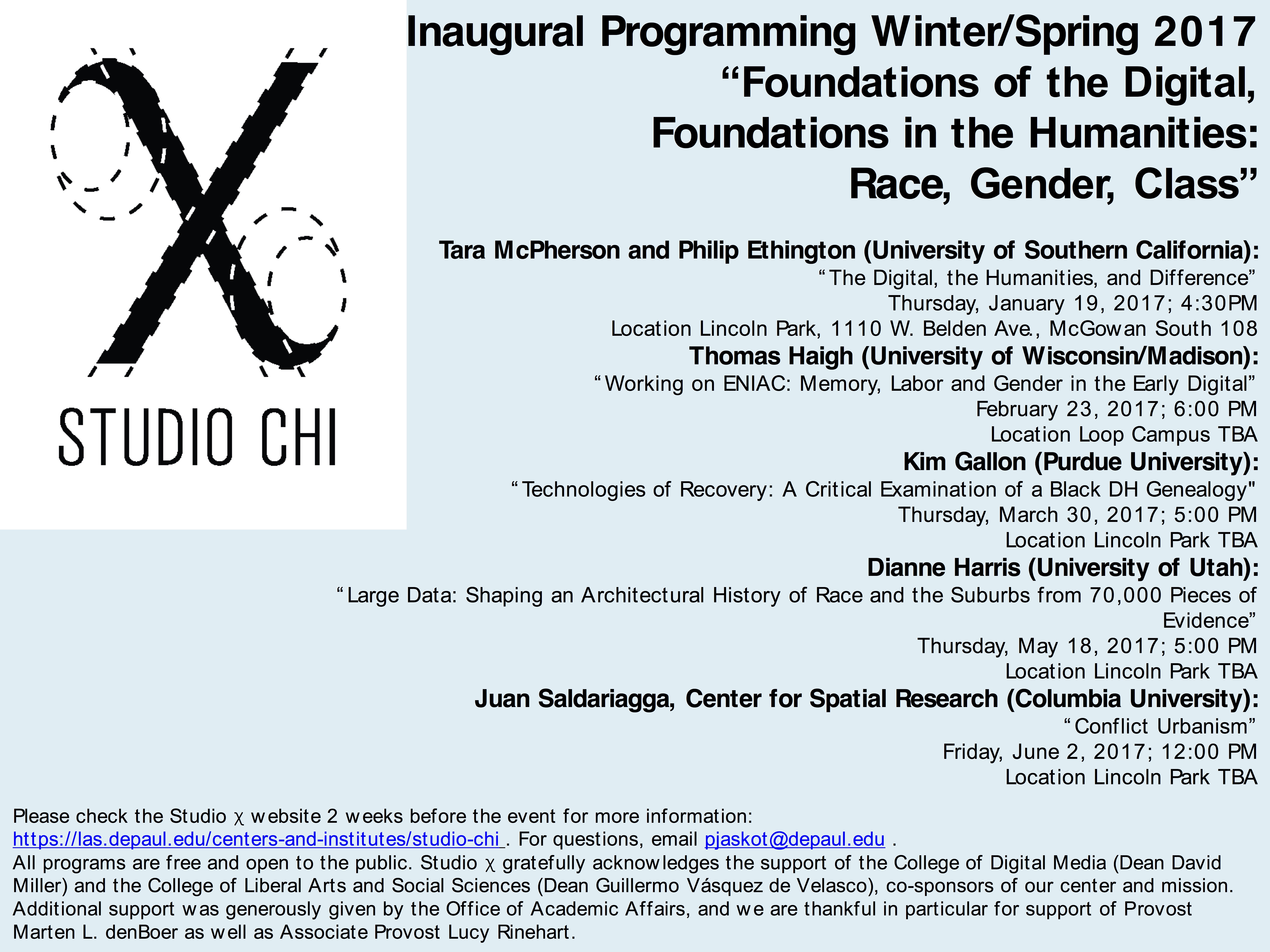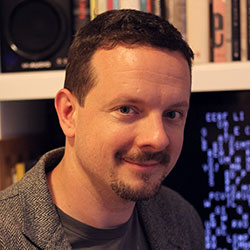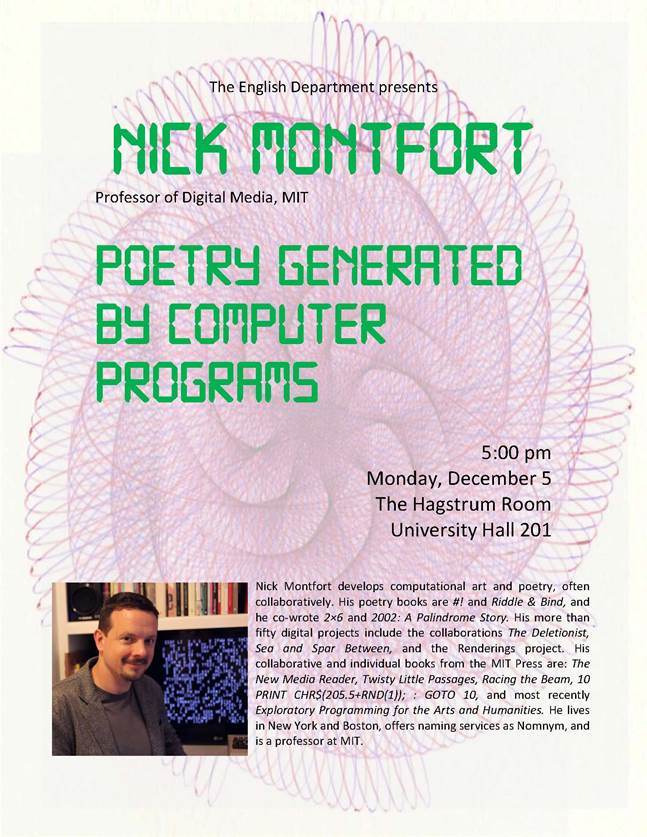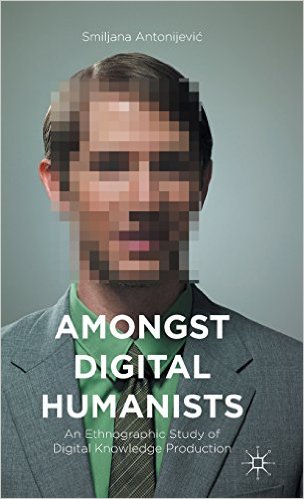Spenserworlds & Great Lakes Native Writing:
Literary Studies Meet Digital Humanities
Reflections on Two Digitally Enhanced English Courses
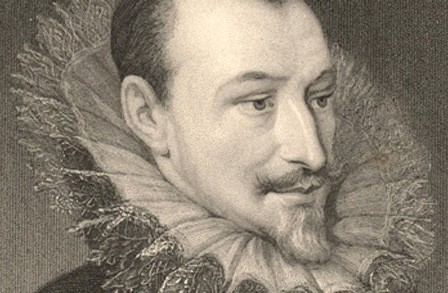
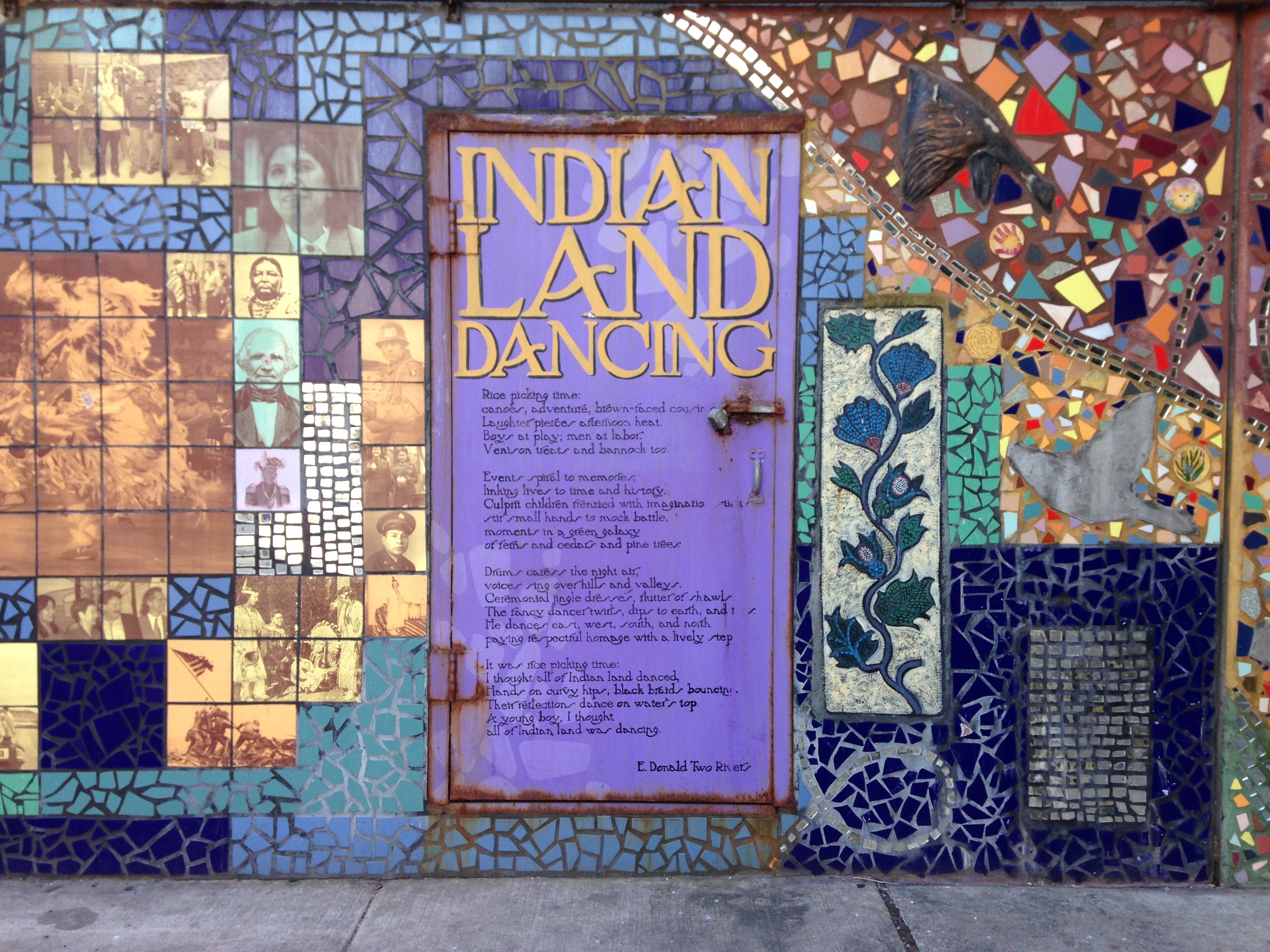
Dr. Kasey Evans & Dr. Kelly Wisecup
Department of English, Northwestern University
Friday, 17 March 2017, noon-2pm
Alice Kaplan Institute for the Humanities Seminar Room
Kresge 2-350
Two faculty members who participated in Northwestern’s Digital Humanities Summer Faculty Workshop offer an update on their digital pedagogy.
Focusing on the radicalism of Spenser’s gender politics, the experimentality of his literary form, and the subversiveness of (some of!) his political agenda, Kasey Evans and her students explore Spenser’s supposed traditionalism through the potential transformations of a multimedia, interactive approach to his work. Can the “sage and serious Spenser,” as John Milton called him, be re-enlivened through the creation and curation of an online archive of texts, commentary, explication, illustrations, in short a digital “Spenserworlds”?
Working on Native American literary studies, Kelly Wisecup discusses the use of digital mapping and archiving platforms in the classroom and how they might be used to engage with literary studies and museum studies. How might digital resources be incorporated into place-based teaching?
The meeting will feature short presentations followed by a discussion.
All welcome regardless of digital humanities experience. Refreshments provided. Questions? Contact NUDHL co-convener Jillana Enteen, j-enteen@northwestern.edu, or visit nudhl.net.





